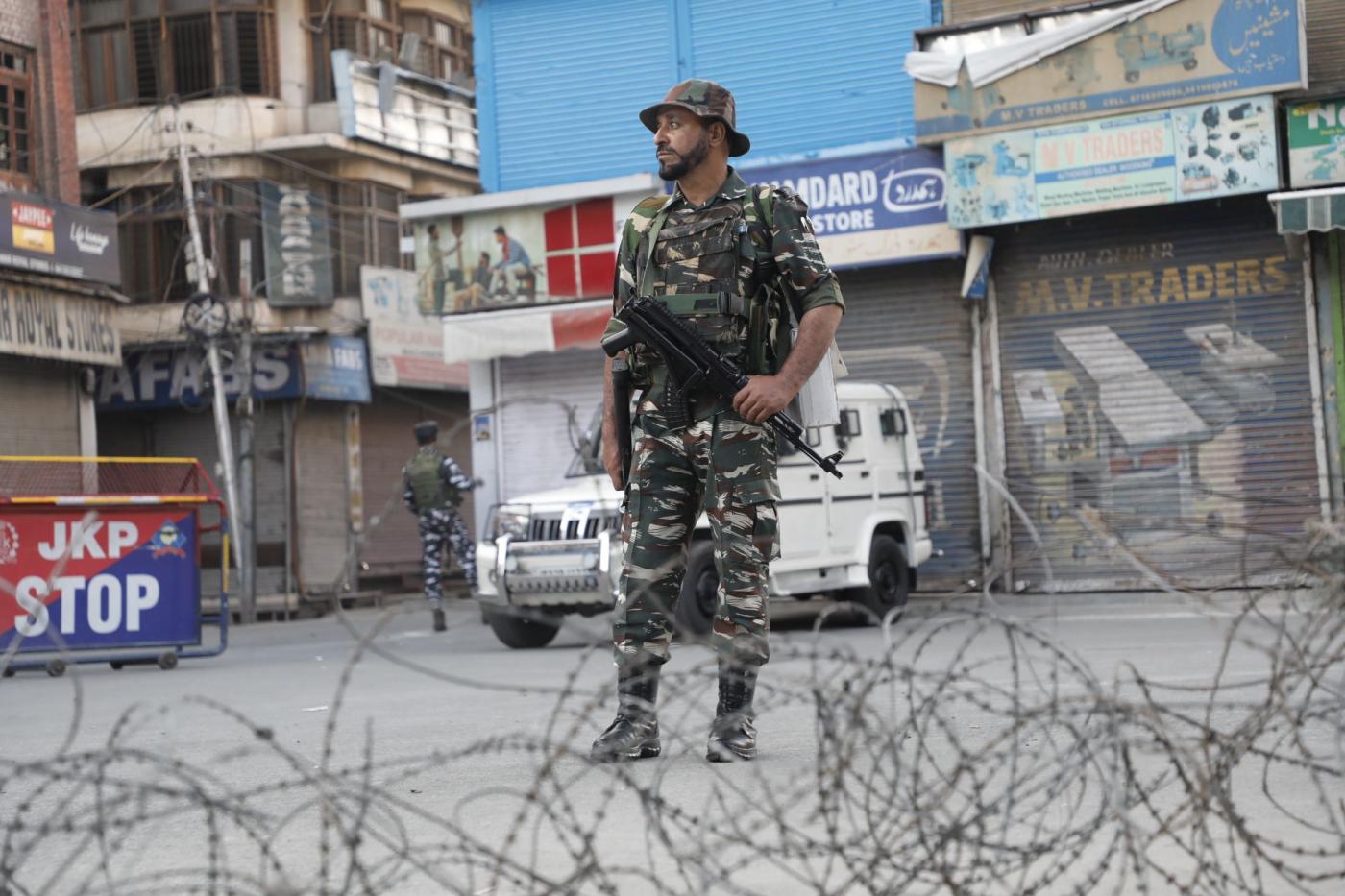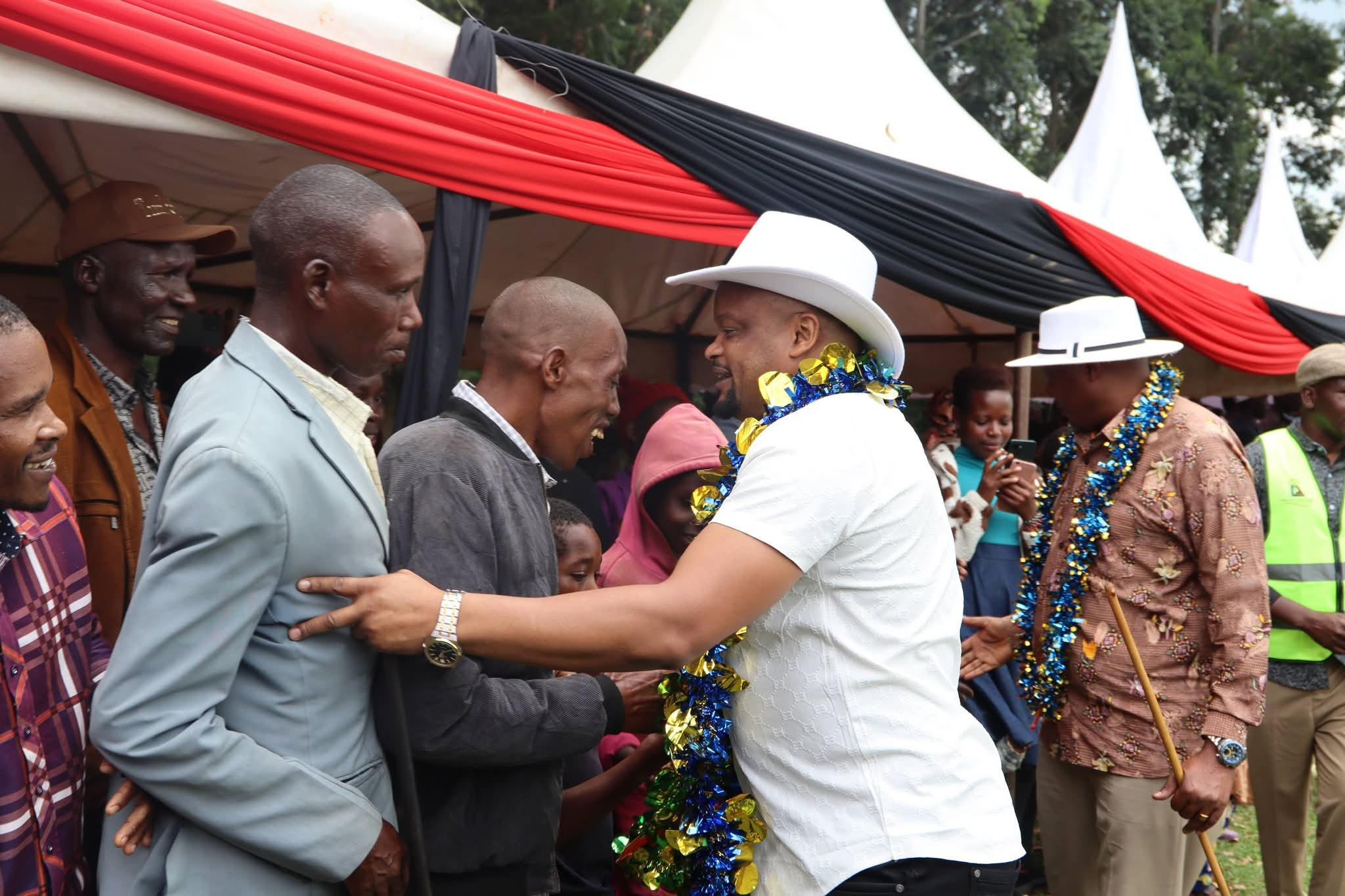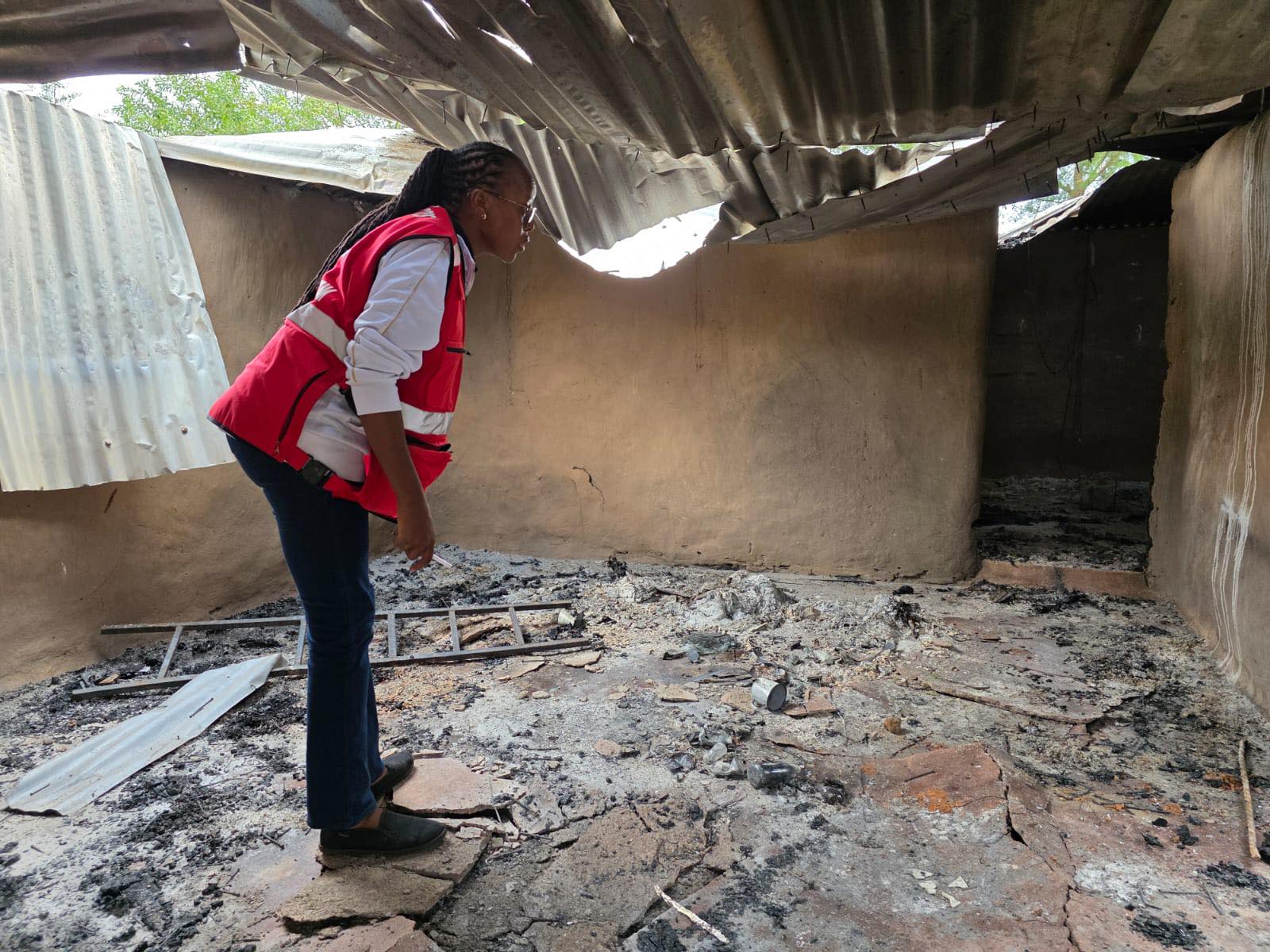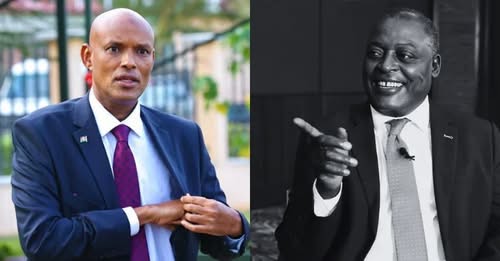Reclaiming Africa’s Identity - Lessons from India’s Decolonial Playbook

The African Union’s landmark decision to classify slavery, deportation, and colonization as genocide and crimes against humanity marks a seismic shift in the continent’s pursuit of justice. Led by Togo, this declaration challenges the world to confront the systematic erasure of African societies—a legacy that still permeates the continent’s cities, languages, and identities. Yet, as Africa grapples with these ghosts, a pressing question arises: Why does Africa remain the only continent where foreign names dominate its geography, institutions, and even personal identities, while other formerly colonized regions, like India, have largely reclaimed theirs?
India’s Blueprint - How a Thousand Years of Colonization Failed to Erase Identity
India’s history mirrors Africa’s in many ways. For nearly a millennium, it endured Arab invasions, Mughal rule, and British colonialism. Yet today, over 80% of Indians practice Hinduism or other indigenous faiths. Cities like Mumbai (formerly Bombay), Kolkata (Calcutta), and Chennai (Madras) bear names rooted in local languages, not colonial relics. Landmarks such as the iconic Victoria Terminus were rebranded Chhatrapati Shivaji Maharaj Terminus, honoring a Maratha king instead of a British queen. This deliberate renaming wasn’t mere symbolism—it was an act of reclaiming narrative control. India’s success in retaining its cultural core offers a stark contrast to Africa, where colonial languages dominate governance, European religions overshadow traditional spiritual systems, and cities like Lagos (from Portuguese "Lagos de Curamo") or Leopoldville (now Kinshasa) still echo foreign conquest.
The Psychology of Names - Why Africa’s Identity Crisis Persists
Names are more than labels—they are vessels of memory, pride, and sovereignty. India’s post-independence renaming spree was a psychological revolt against cultural subjugation. Similarly, Ghana’s decision to revert its airport code from the colonial “DGA” to “ACC” (Kotoka International Airport) or Zimbabwe’s renaming of Salisbury to Harare reflects a conscious undoing of colonial imprint. Yet such efforts remain fragmented in Africa. From Kinshasa to Abidjan, colonial-era urban planning and Eurocentric curricula still shape mindsets. Meanwhile, India’s education system teaches the Indus Valley Civilization as the cradle of its heritage, not British “civilizing missions.” Africa’s struggle to rewrite its history from an Afrocentric lens—rather than through the gaze of Livingstone or Stanley—leaves younger generations disconnected from their pre-colonial ingenuity, such as Mali’s Timbuktu manuscripts or Ethiopia’s ancient obelisks.
Language and Faith - The Unfinished Battle
India’s retention of Hindi and regional languages like Tamil or Gujarati—despite English’s prominence—showcases a balance between global pragmatism and cultural preservation. In contrast, 90% of African nations use European languages as official mediums, sidelining indigenous tongues like Kiswahili or Yoruba in high-level discourse. This linguistic hierarchy perpetuates elitism and alienates rural populations. Similarly, while 79% of Indians practice Hinduism or Buddhism—faiths predating foreign rule—Africa’s religious landscape remains dominated by Christianity and Islam, both imported through colonization and Arab conquests. This isn’t to dismiss the authenticity of African Muslims or Christians but to highlight how colonial forces often severed ties to spiritual systems like Yoruba’s Ifá or Akan ancestral veneration.
The Neocolonial Trap - Can Africa Follow India’s Economic Sovereignty?
India’s post-colonial trajectory wasn’t flawless, but its protectionist policies in the 20th century nurtured homegrown industries—from Bollywood to tech giants like Infosys. Africa, meanwhile, remains ensnared in neocolonial trade frameworks. France’s economic grip via the CFA franc (now Eco) in West Africa, or foreign corporations extracting minerals under lopsided contracts, mirrors the British East India Company’s exploitation of India. Breaking this cycle requires more than renaming streets—it demands India-style economic self-reliance. Rwanda’s push to become a tech hub and Ethiopia’s refusal of foreign military bases hint at this shift, but continental unity is key.
The Path Forward - Reclamation Without Erasure
India’s example proves that decolonization need not reject modernity or hybridity. Mumbai’s skyscrapers coexist with ancient temples; its youth code in Silicon Valley while reciting Sanskrit shlokas. For Africa, this means cities can honor anticolonial heroes like Patrice Lumumba in street names without demolishing colonial-era architecture that, however painful, is part of their layered history. Similarly, embracing Kiswahili as a lingua franca doesn’t require abolishing French but elevating local languages to equal footing.
Personal names, often tied to religion, pose a complex challenge. While India’s “Rajesh” and “Priya” reflect Hindu roots, Africa’s “Johns” and “Aishas” reveal the enduring influence of missionaries and Arab traders. Yet movements are growing: Ghana’s “Day Names” (e.g., Kwame, Ama) and Nigeria’s revival of Yoruba names like “Tolúlope” or Kipsigiis move towards embracing worship of Assiss, signal a return to cultural roots and African spiritualism. This isn’t about policing identity but expanding choices—allowing a child to be “Mohammed” without erasing “Taaitta” (firstborn in Kipsigiis).
Conclusion - Africa’s Renaissance—On Its Own Terms
The AU’s genocide declaration is a start, but Africa’s full emancipation hinges on everyday acts of reclamation—renaming a street, teaching indigenous history, or choosing a child’s name from ancestral tongues. India’s journey shows that identity is not zero-sum: modernity and tradition can coexist when a people control their narrative. As Togo’s Pan-African Congress approaches, the continent must ask: Will we remain prisoners of colonial cartography, or will we scribe new maps—literal and metaphorical—that reflect Africa’s unyielding spirit? The answer lies not in rejecting global interconnectedness but in ensuring Africa no longer greets the world as a mimic, but as an author of its own destiny.
The writer is an Advocate of the High Court of Kenya and a political analyst







Comments (0)
No comments yet. Be the first to comment!